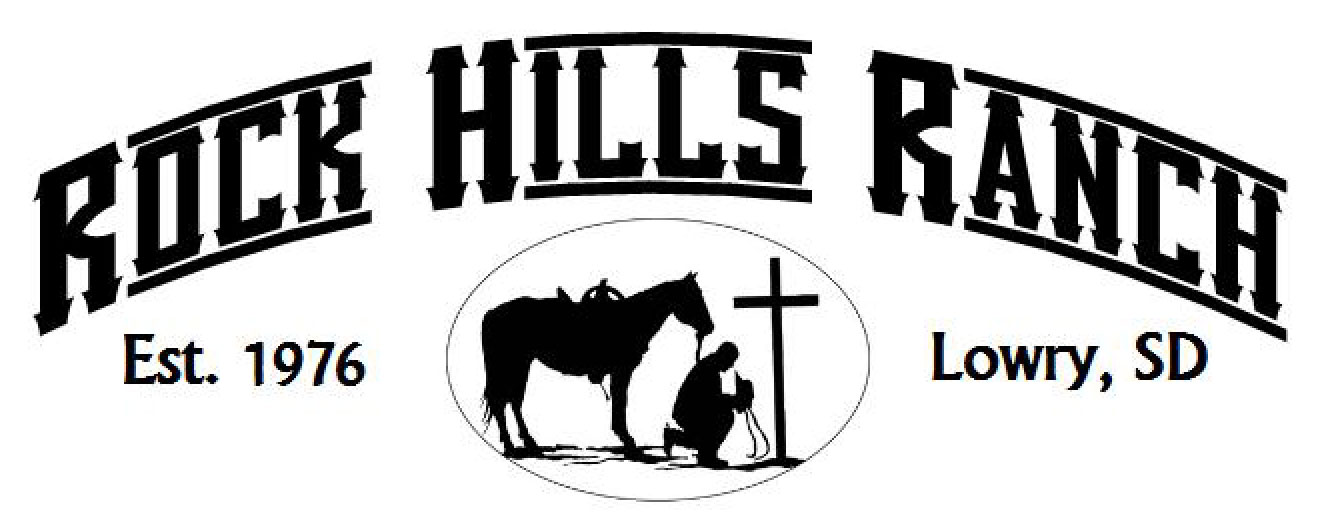One really cool aspect of the ranch is that they are not afraid to try new things when it comes to getting rid of pesky weeds. One thing we’ve been working on is training some heifers to eat weeds out in the pasture. It starts by feeding them a food they really know and like in small black barrels. There is one barrel for every three cows which makes them curious and creates competition between them to see what’s in the barrel. Every morning we put a new treat in the barrels. We use something different every day so they get used to eating different things that are good for them. After about five days we mix weeds in with one of the treats they have had before. They are more likely to try the weeds if there is a familiar smell or taste with them. The next day we will only put the weeds in the barrels. By this time they should be used to trying different foods and should be willing to eat the weeds. The goal is that they will realize the weeds are a good source of food and will eat them in the pastures. One of the weeds we are trying to get them to eat is Canada Thistle.
One other thing the ranch has done to fight weeds is by using “biological control”. This means introducing animals or insects that naturally eat a weed as part of their diet to an area that has a lot of the weed you want to get rid of. The weed of concern here is Leafy Spurge, so they have introduced flea beetles to eat it. These beetles are seen for a few weeks in the summer when they come out of the ground to mate. Then they lay their eggs, and when the eggs hatch the larvae eat the roots of the leafy spurge. They are seeing results on the ranch, which is great. This means that chemicals are used to control the leafy spurge which cuts costs and is better for the environment.
